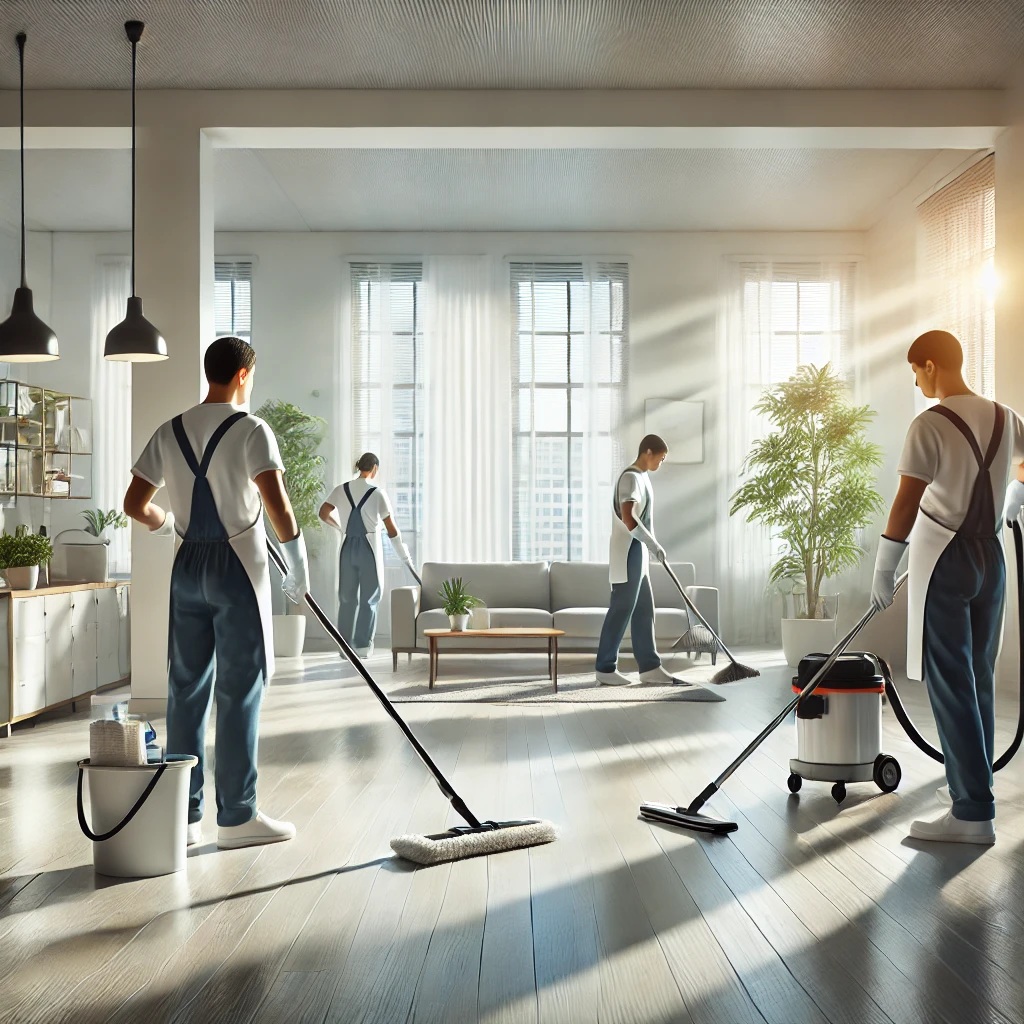
Introduction
Sensitive data environments contain highly confidential information, requiring strict compliance with data security and privacy standards. The potential risk of breaches or data theft makes choosing a cleaning service provider critical. But can commercial cleaning services step up to the challenge? The answer is a resounding “yes,” as many companies adhere to specific protocols designed for secure environments.
Understanding Sensitive Data Environments
What Defines a Sensitive Data Environment?
Sensitive data environments are spaces where confidential or classified information is processed, stored, or handled. Examples include:
- Data centers
- Healthcare facilities (HIPAA compliance)
- Financial institutions
- Government buildings
- Legal offices
These environments require cleaning without compromising data privacy, which mandates specialized training and procedures for cleaning staff.
How Commercial Cleaning Companies Adapt
1. Specialized Training for Cleaning Staff
Leading commercial cleaning companies train their employees on data security protocols, including:
- Awareness of sensitive areas.
- Handling materials in compliance with confidentiality agreements.
- Recognizing security threats or suspicious activities.
2. Background Checks and Screening
Hiring personnel for sensitive data environments involves rigorous background checks. Cleaning companies conduct:
- Criminal history checks.
- Drug testing.
- Employment verification.
These measures ensure trustworthy personnel are assigned to secure facilities.
3. Restricted Access and Supervision
Access to sensitive data areas is often limited to select personnel. Cleaning teams work under supervision, ensuring:
- No access to off-limits zones.
- Tasks are completed within monitored timeframes.
Technology in Secure Cleaning
Use of Non-Intrusive Cleaning Equipment
Technological advancements help ensure cleaning is thorough yet non-invasive:
- HEPA Vacuums: Capture fine dust particles without disrupting sensitive equipment.
- Electrostatic Sprayers: Disinfect surfaces efficiently without risking damage to electronics.
- Touchless Cleaning Systems: Prevent tampering or accidental data breaches.
Digital Protocols for Monitoring
Secure facilities often require cleaning companies to use digital systems for:
- Logging entry and exit times.
- Real-time monitoring of cleaning activities.
- Auditing cleaning processes.
Compliance with Industry Standards
1. HIPAA Compliance
For healthcare facilities, cleaning companies must follow HIPAA guidelines to ensure patient data remains secure. This includes:
- Proper disposal of documents.
- Avoiding exposure of sensitive records.
2. ISO Standards
Data centers and IT environments often require compliance with ISO/IEC 27001 (Information Security Management). Cleaning providers adhere to these standards by:
- Limiting access to critical areas.
- Following cybersecurity protocols during cleaning schedules.
3. Confidentiality Agreements
Many cleaning contracts include NDAs (Non-Disclosure Agreements) to legally bind cleaning staff to protect the confidentiality of the data.
Benefits of Choosing Professional Cleaning Services
- Enhanced Security Measures Commercial cleaning companies understand the nuances of secure environments, ensuring peace of mind for their clients.
- Customizable Cleaning Plans Sensitive facilities can tailor cleaning schedules to minimize disruptions, such as off-hours services.
- Focus on Long-Term Relationships Reliable cleaning companies aim to build trust by consistently delivering secure, high-quality services.
Challenges in Cleaning Sensitive Data Environments
While cleaning sensitive areas, several challenges emerge:
- Data Breach Risks: Even a minor mistake can compromise security.
- Equipment Sensitivity: Cleaning teams must navigate around delicate systems.
- Compliance Requirements: Staying updated with legal and industry standards demands ongoing training and adaptation.
Key Takeaways
Quick Summary:
- Commercial cleaning companies can accommodate sensitive environments by employing secure protocols.
- Key practices include background checks, restricted access, and specialized equipment.
- Compliance with standards like HIPAA and ISO ensures secure cleaning services.
- Choosing a trusted cleaning provider minimizes risks and ensures operational continuity.
Conclusion
Commercial cleaning companies are well-equipped to handle sensitive data environments by implementing rigorous protocols, employing advanced cleaning technologies, and adhering to strict compliance standards. With the right partner, businesses can maintain a spotless, secure workspace while protecting their most valuable asset: their data.Follow us on Google Maps here: https://maps.app.goo.gl/LUXaqpwQsiVf2Ldq9
FAQs
1. Can cleaning staff access all areas in sensitive environments?
No, cleaning staff are restricted to pre-approved areas, and their activities are monitored to prevent unauthorized access.
2. What equipment is safe for sensitive environments?
Non-intrusive tools like HEPA vacuums, touchless systems, and electrostatic sprayers are commonly used.
3. How are cleaning staff vetted for secure facilities?
Comprehensive background checks, drug tests, and employment history verifications are standard practices.
4. Do cleaning companies sign confidentiality agreements?
Yes, NDAs are often included in contracts to legally enforce confidentiality.
5. What industries require sensitive data cleaning protocols?
Industries like healthcare, finance, IT, government, and legal sectors often need these specialized services.
